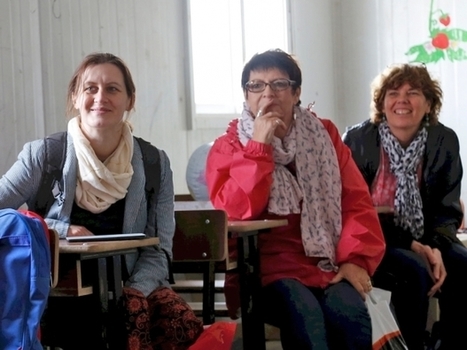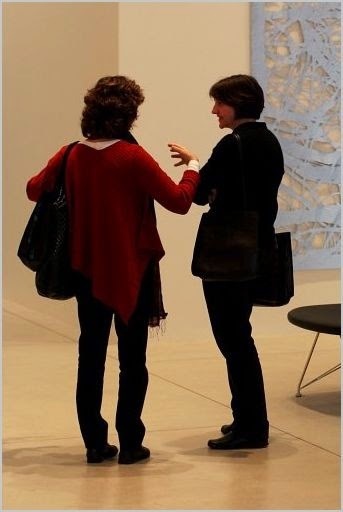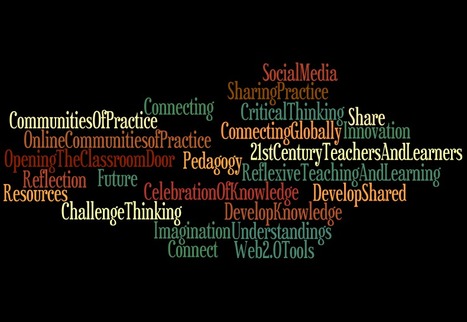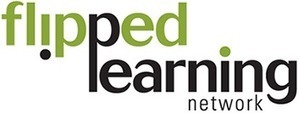In our digital age, social interactions are evolving as people increasingly turn to social media and other virtual spaces to connect. Researchers question if social media hurts or harms our ability to interact with one another, and so far the results are mixed.
It is certain, however, that the internet has created new opportunities for connections and learning that otherwise wouldn’t have existed. This is especially true for professional development, where communities of practice grow networks of educators who come together to learn with, and from, their peers.



 Your new post is loading...
Your new post is loading...















